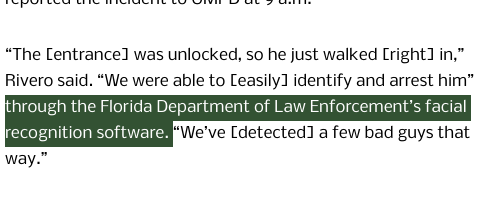
CNET interviewed me for this piece and asked me about this exact thing but didn't print my response, so I'll just say it here "the Internet is working just fine since the repeal of net neutrality...is kind of like saying 'it's snowing outside therefore climate change isn't real." 

I could go back and find statements from organizations like @fightfortheftr @freepress @mediajustice @NHMC etc that carefully explained what was likely to happen in the immediate wake of Ajit Pai's repeal of #netneutrality. The "doomsday" msg was always a telecom talking point
It's frustrating to see reporters repeat these talking points and messages that are concocted by AT&T lobbyists as if they are facts, when an even cursory glance at the actual substance of #netneutrality advocates messaging would make it clear why this is an absurd thing to write
this "ping-pong" line is also a direct quote cooked up by a lobbyist that's included here as if it's just factual reporting, not an opinion. there wouldn't be any "regulatory ping pong" if telecom companies stopped endless lobbying &litigation to kill basic consumer protections. 

To be clear, reporters are often doing the best they can. These issues are extremely complicated and industries like Big Tech & Big Telecom employ an epic and powerful spin machine that successfully injects talking points into the narrative. But sometimes it's just egregious.
In conclusion, I appreciate you @maggie_reardon for writing about this issue and including perspectives from myself, @gigibsohn @mattfwood, etc. I wish you had just also quoted folks from AT&T, NCTA etc instead of including their talking points as if they were facts.
• • •
Missing some Tweet in this thread? You can try to
force a refresh





